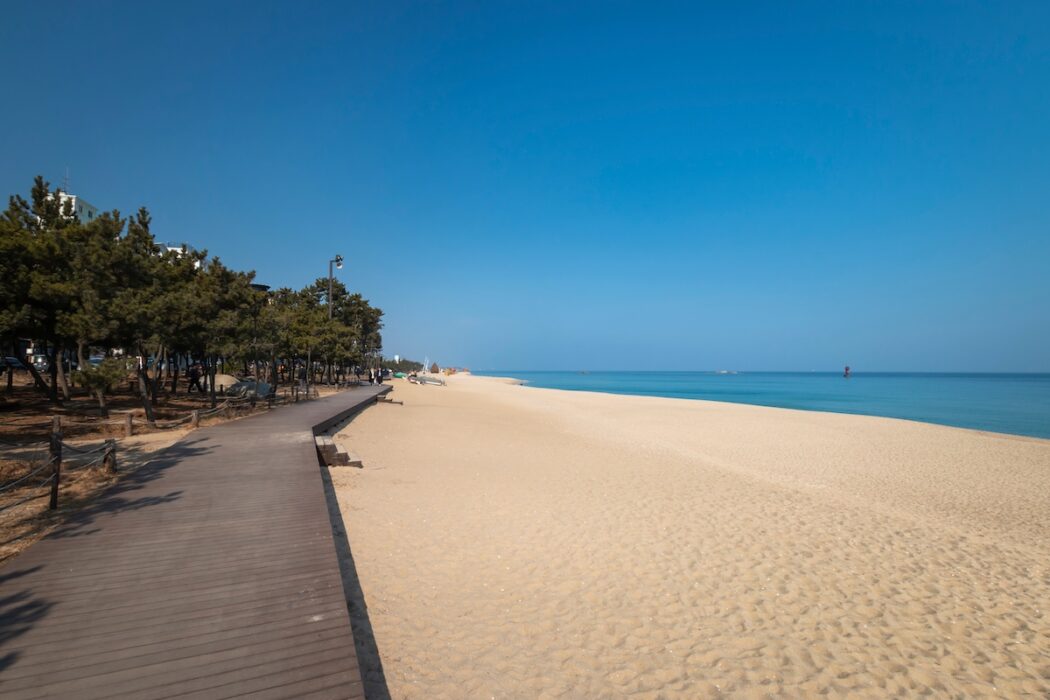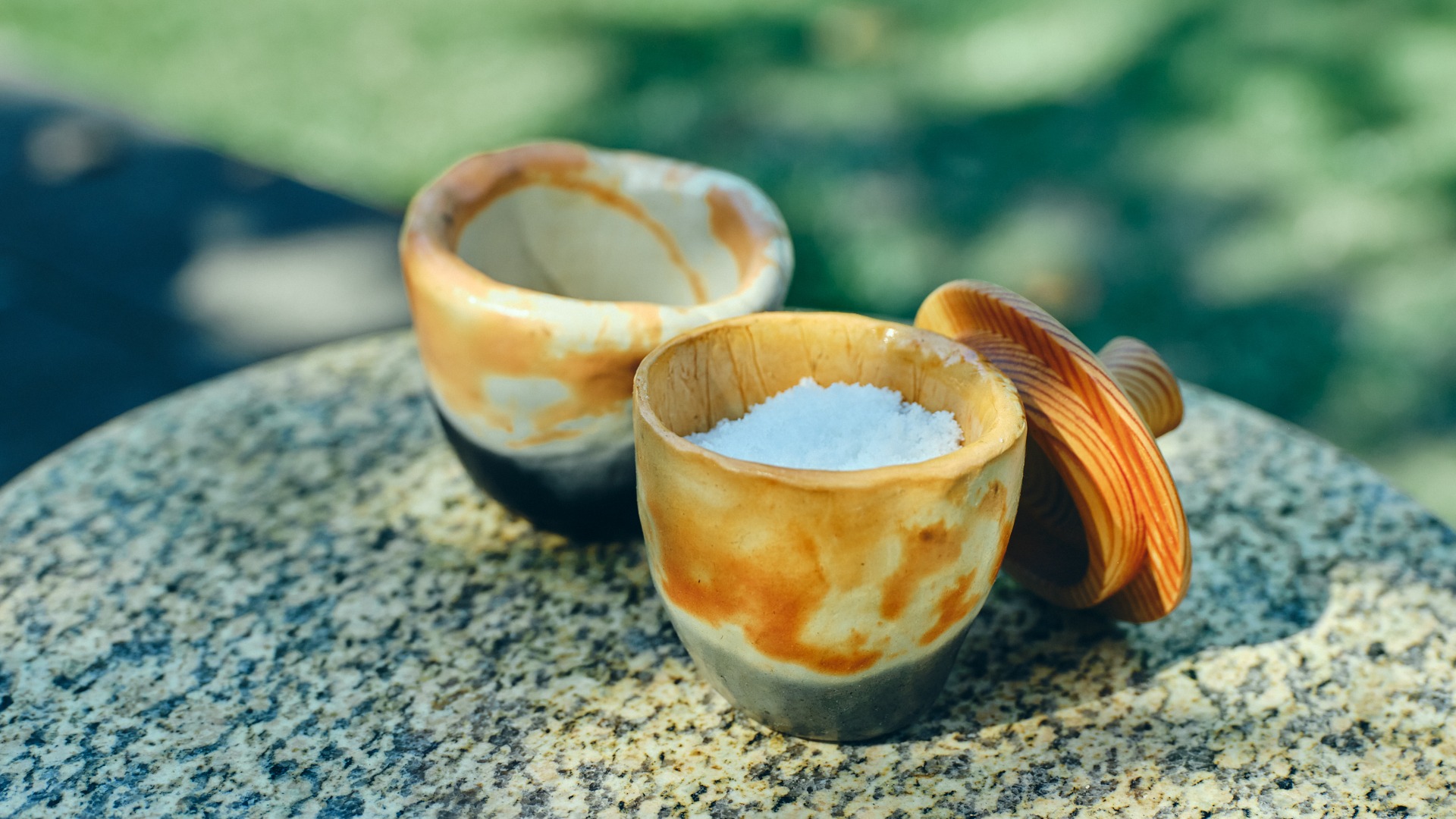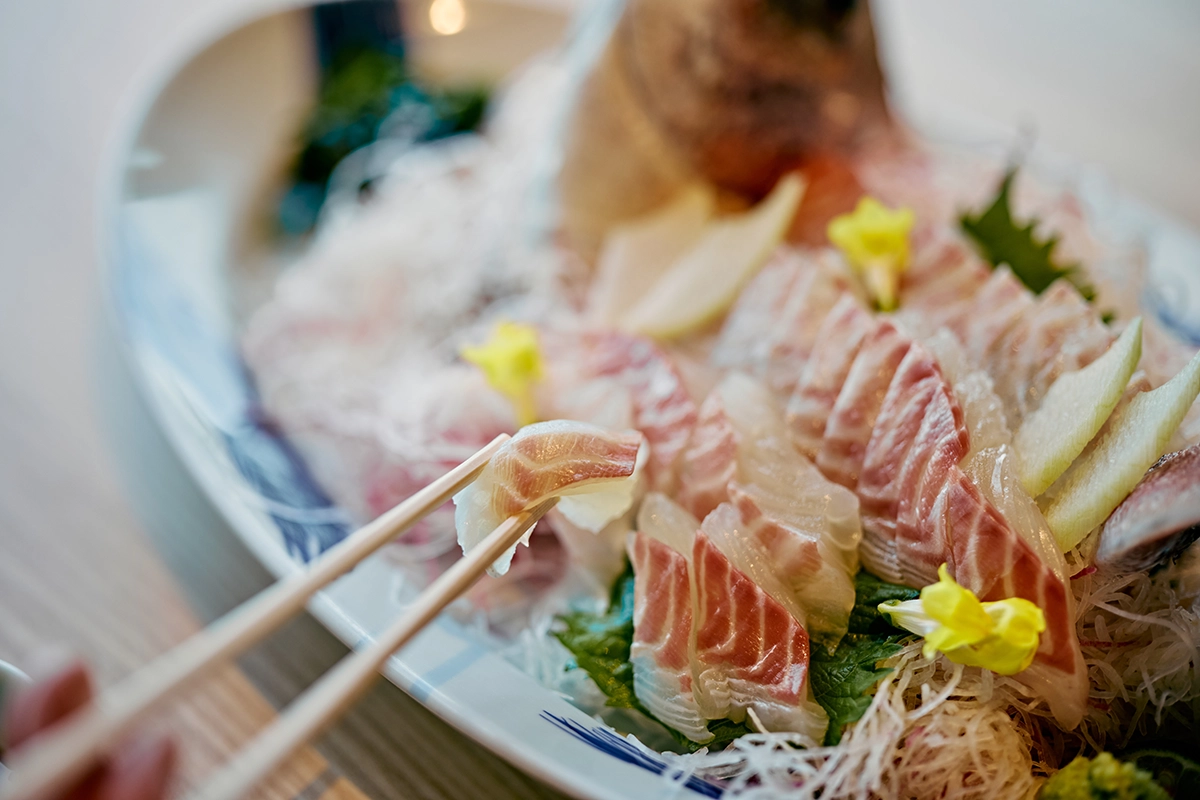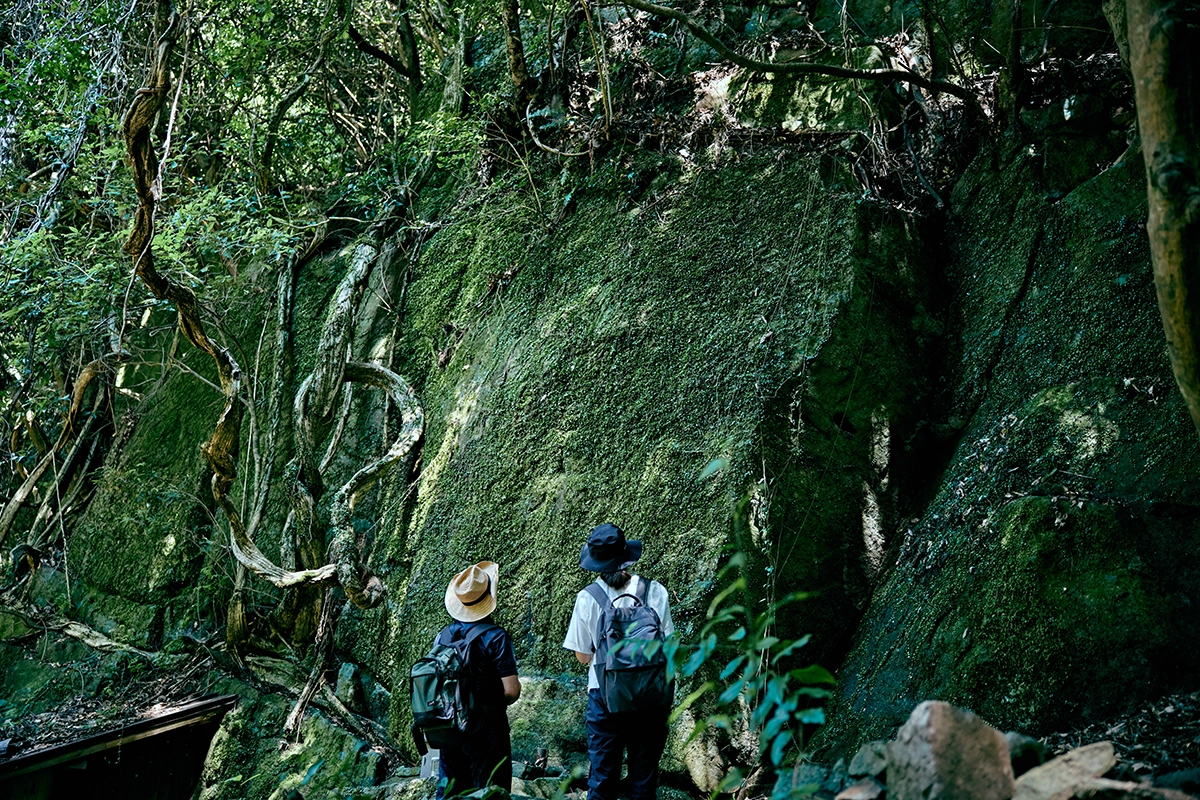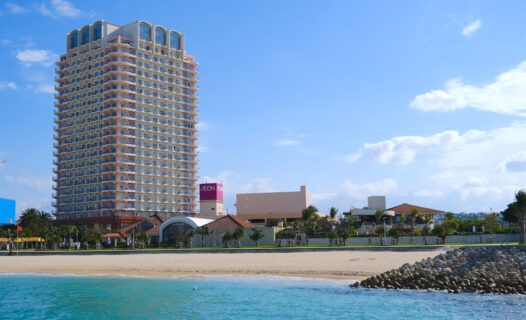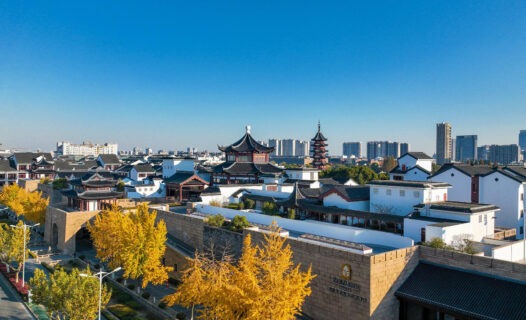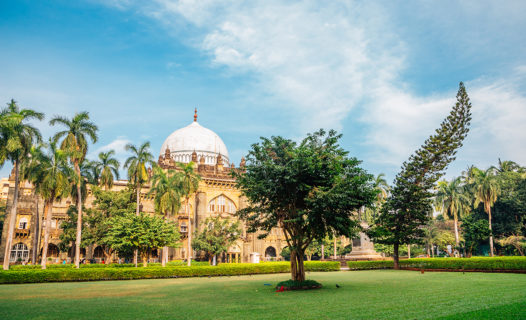Festivals of Flavor: A Culinary Adventure Through South Korea’s Seasonal Food Festivals
South Korea is a food lover’s paradise, bursting with flavors, colors, and aromas that reflect its rich culinary traditions. From bustling street stalls to festive markets, the country’s culinary landscape is a delightful tapestry of seasonal ingredients and local customs. Food festivals play a crucial role in this vibrant scene, showcasing the best that each season has to offer while celebrating regional specialties and time-honored cooking techniques. If you’re traveling to Korea, these festivals are not to be missed—they’re a feast for the senses and a wonderful way to immerse yourself in the culture.
The Allure of Korean Food Culture: A Culinary Heritage
Korean food culture is steeped in history and tradition, where every dish tells a story. Central to this culinary heritage is the concept of **seasonality**; ingredients are often chosen based on the time of year, ensuring freshness and flavor. This is particularly evident in the art of fermentation, a technique that not only preserves food but also enhances its taste. Think of kimchi, the iconic Korean staple that varies by region and season, each version offering a unique twist on this beloved dish.
Food festivals across the country celebrate these culinary traditions, providing a platform for local chefs and home cooks to showcase their creations. Attending these festivals allows you to experience the heart of Korea’s food culture firsthand, from traditional dishes to innovative culinary experiments. Whether you’re sampling street food or indulging in gourmet offerings, these festivals are a delicious journey through Korea’s food heritage. For more insights, check out the Free Travel Guide for South Korea.
Seasonal Food Festivals in Korea: A Month-by-Month Guide
Ready to savor the flavors of South Korea? Let’s explore the major food festivals throughout the year, organized by season. Each festival offers a unique taste of local culture, so grab your fork and let’s dig in!
Spring Festivals: Celebrating Cherry Blossoms and Seasonal Greens
As spring arrives, the landscape transforms with blooming cherry blossoms, and so does the culinary scene. The Seoul Cherry Blossom Festival is a highlight, where visitors can enjoy not only the breathtaking sights but also delightful seasonal dishes. From refreshing salads featuring tender spring greens to sweet treats infused with cherry flavors, this festival is a true celebration of nature’s bounty. Don’t forget to try the famous **beondegi** (silkworm larvae) for a unique taste of Korean street food!
Summer Festivals: Refreshing Dishes and Street Food Extravaganzas
When summer hits, the streets of Korea come alive with the tantalizing aromas of street food. The Korean Street Food Festival is a must-visit, showcasing a variety of mouthwatering dishes that are perfect for the warm weather. Picture yourself savoring spicy tteokbokki (rice cakes) or crispy hotteok (sweet pancakes) while enjoying live performances and cultural activities. Summer is all about refreshing dishes, so be sure to sample **naengmyeon** (cold noodles) to cool down!
Autumn Festivals: Harvest Celebrations and Regional Specialties
As the leaves change color, so do the flavors of Korean cuisine. Autumn is the season of harvest, and festivals like the Gwangju Kimchi Festival and the Jeonju Bibimbap Festival bring together the best of regional specialties. At these festivals, you can witness the art of kimchi-making, participate in cooking classes, and taste an array of bibimbap variations, each with its own twist. Autumn is the perfect time to indulge in hearty dishes that celebrate the season’s bounty!
Winter Festivals: Comfort Foods and Festive Gatherings
As winter settles in, Korea transforms into a cozy haven filled with comforting foods. The Hwacheon Sancheoneo Ice Festival is a unique experience, where you can catch fresh trout and enjoy warm bowls of **tteokguk** (rice cake soup), a traditional dish believed to bring good luck in the new year. The Seoul Winter Food Festival is another highlight, featuring a variety of hot street foods that will warm your soul. From spicy fish cakes to sweet cinnamon rice cakes, winter festivals are a celebration of warmth and togetherness.
Culinary Deep Dive: Must-Try Dishes at Food Festivals
As you wander through the lively stalls of South Korea’s food festivals, your taste buds are in for a treat! Each festival showcases a variety of dishes that highlight the country’s rich culinary traditions. Here are some must-try dishes that you simply can’t miss:
Kimchi: The Iconic Fermented Delight
No trip to South Korea is complete without indulging in kimchi. This fermented vegetable dish, often made with napa cabbage and radishes, is a staple at every meal. At festivals, you can sample different regional variations and even participate in kimjang (kimchi-making) workshops. Don’t be shy—try the spicy, tangy flavors that are the essence of Korean cuisine!
Bibimbap: A Colorful Rice Bowl
Another must-try is bibimbap, a vibrant rice bowl topped with assorted vegetables, meat, and a fried egg, all mixed with gochujang (red chili paste). At the Jeonju Bibimbap Festival, you can taste this dish in its birthplace, Jeonju, where chefs compete to create the most delicious and visually appealing versions. Each bite is a delightful explosion of flavors and textures!
Tteokguk: A Symbol of New Beginnings
During winter festivals, you’ll find tteokguk, a comforting rice cake soup traditionally eaten on New Year’s Day. This dish symbolizes the new year and is believed to bring good luck. Warm and savory, tteokguk is the perfect way to cozy up during the chilly months. Be sure to enjoy a bowl at the Hwacheon Sancheoneo Ice Festival while you catch fresh trout!
Street Food Delights: Tteokbokki and Hotteok
Street food is a highlight at festivals, and you can’t miss trying tteokbokki—spicy rice cakes that are chewy and oh-so-satisfying! Pair it with hotteok, a sweet pancake filled with brown sugar and nuts, for a perfect balance of flavors. The Korean Street Food Festival is the ideal place to sample these delights while enjoying live performances.
Unique Experiences Beyond Food: Activities at Festivals
Food festivals in South Korea are not just about eating; they’re a celebration of culture and community! Beyond the delicious dishes, you’ll find a variety of interactive activities that make these events unforgettable.
Cooking Workshops: Learn from the Masters
Many festivals offer cooking workshops where you can learn how to prepare traditional dishes. Whether it’s mastering the art of making kimchi or trying your hand at crafting the perfect bibimbap, these classes provide hands-on experience that you can take home. Plus, it’s a fantastic way to connect with locals who are eager to share their culinary secrets!
Cultural Performances: A Feast for the Senses
As you savor your food, enjoy captivating cultural performances that bring the spirit of Korea to life. From traditional music and dance to modern K-Pop showcases, these performances add a lively atmosphere to the festivals. Check out the Seoul Winter Food Festival for some of the best entertainment while you munch on delicious street snacks!
Local Artisan Markets: Take Home a Piece of Korea
Many food festivals feature artisan markets where you can shop for handmade crafts, local ingredients, and unique souvenirs. Supporting local artisans not only enriches your travel experience but also helps sustain the community. Don’t forget to pick up some traditional snacks or cooking tools to remind you of your culinary adventure!
Practical Information for Travelers: Tips for Attending Food Festivals
Ready to indulge in South Korea’s food festivals? Here are some handy tips to help you make the most of your culinary journey!
Transportation: Getting There Made Easy
Most food festivals are easily accessible by public transportation. The subway system in South Korea is efficient and user-friendly, making it a breeze to reach your destination. Consider purchasing a T-money card for convenient travel on buses and subways. Just tap and go!
Festival Opening Hours: Plan Ahead
Each festival has its own schedule, so be sure to check the opening hours and plan your visit accordingly. Popular events can get crowded, especially on weekends, so arriving early can help you avoid long lines and secure the best food experiences.
Accommodation: Stay Close to the Action
For a hassle-free experience, book accommodation near the festival location. This way, you can easily pop back to your hotel to drop off your goodies or freshen up before heading back out for more culinary delights. Agoda offers a variety of options, from cozy guesthouses to luxurious hotels, ensuring you find the perfect spot for your stay!
Cultural Etiquette: Respect and Enjoy
When attending food festivals, it’s important to be respectful of local customs. Don’t be afraid to ask vendors about their dishes, and be sure to say “thank you” (감사합니다, gamsahamnida) after enjoying your meal. Engaging with locals enhances your experience and helps you learn more about Korean food culture!
Sustainability and Conservation in Korean Food Festivals
As you indulge in the culinary wonders of South Korea, it’s heartening to see that many food festivals are taking steps towards sustainability. Here’s how you can enjoy these festivals while being environmentally conscious:
Supporting Local Farmers: Fresh and Sustainable
Many festivals prioritize local ingredients, showcasing the best produce from nearby farms. By supporting these festivals, you’re also supporting local farmers and promoting sustainable agricultural practices. Look for stalls that highlight their local sourcing and don’t hesitate to ask vendors about their ingredients!
Reducing Food Waste: A Collective Effort
Food waste is a significant issue, and many festivals are implementing initiatives to minimize it. From composting programs to encouraging attendees to bring their own containers for leftovers, these efforts are making a positive impact. Join the movement by being mindful of your food choices and reducing waste during your festival experience.
Community Engagement: A Shared Responsibility
Participating in community-driven events and workshops not only enhances your experience but also fosters a sense of responsibility towards the environment. Many festivals offer educational sessions on sustainable practices, so take the opportunity to learn and contribute to the conversation about food sustainability!
Exploring Food Markets: A Culinary Adventure Beyond Festivals
If you’re still hungry for more after the festivals, South Korea boasts an array of vibrant food markets waiting to be explored! Here’s a sneak peek into some must-visit spots:
Gwangjang Market: A Food Lover’s Paradise
One of the oldest traditional markets in Seoul, Gwangjang Market is famous for its street food stalls and local delicacies. Try bindaetteok (mung bean pancakes) and mayak gimbap (mini rice rolls) for a true taste of Korean street food culture. The bustling atmosphere and delicious aromas will keep you coming back for more!
Noryangjin Fish Market: Fresh from the Ocean
If seafood is your passion, head to Noryangjin Fish Market. Here, you can choose from an impressive selection of fresh fish and seafood, which you can have prepared on the spot. Enjoy sashimi or grilled seafood right at the market for an unforgettable dining experience!
Myeongdong Street Food Alley: A Snack Lover’s Dream
Myeongdong is famous for its shopping, but don’t forget to explore its street food scene! From cheesy tteokbokki to sweet bingsu (shaved ice), the options are endless. Grab a bite as you shop, and indulge in the flavors of Korea!
Safety and Health Guidelines for Food Festival Attendees
Your health and safety are paramount while enjoying the culinary delights of South Korea. Here are some important tips to keep in mind:
Food Safety: Eat with Confidence
When sampling street food, choose stalls that are busy and have a high turnover of food. Freshly prepared dishes are less likely to cause any issues. If you have dietary restrictions or allergies, don’t hesitate to ask vendors about their ingredients to ensure a safe dining experience.
Dietary Considerations: Options for Everyone
Korea is becoming increasingly aware of dietary needs, and many festivals offer vegetarian and vegan options. Look for labels or ask vendors about their offerings. You can enjoy the flavors of Korea while sticking to your dietary preferences!
Stay Hydrated: Beat the Heat
If you’re visiting during the summer months, stay hydrated! Drink plenty of water, especially if you’re indulging in spicy dishes. Many festivals have stalls selling refreshing beverages like sikhye (sweet rice drink) and iced teas to keep you cool.
Fun Facts About Korean Festivals and Food Culture
As you explore the vibrant world of Korean food festivals, you might find these fun facts add an extra layer of appreciation for what you’re experiencing:
Kimjang: A UNESCO Cultural Heritage
The tradition of kimjang, or kimchi-making, was recognized by UNESCO as an Intangible Cultural Heritage of Humanity. This highlights the importance of this practice in Korean culture and its communal aspect, where families and neighbors come together to prepare kimchi for the winter.
Festival Origins: A Blend of Tradition and Modernity
Many food festivals have roots in ancient harvest celebrations, blending traditional customs with modern culinary trends. This fusion creates a unique atmosphere where you can enjoy both the past and present of Korean food culture.
Food as a Love Language
In Korea, sharing food is a way to express love and care. During festivals, you’ll often see families and friends gathering to share meals, reinforcing the bond between people through the joy of food!
Commonly Asked Questions (FAQs) About Korean Food Festivals
Curious about attending food festivals in South Korea? Here are some common questions travelers ask:
When are the major food festivals held?
Food festivals occur throughout the year, with major events in spring, summer, autumn, and winter. Check local listings for specific dates and locations to plan your visit!
What should I wear to a food festival?
Dress comfortably, as you’ll likely be walking and standing for extended periods. Opt for breathable fabrics, especially during the warmer months, and wear comfortable shoes to explore the festival grounds.
Are food festivals family-friendly?
Absolutely! Most food festivals cater to families, offering activities for children, live performances, and a wide variety of food options that appeal to all ages.
Conclusion
South Korea’s seasonal food festivals are a culinary celebration that invites travelers to savor the country’s rich flavors and cultural heritage. From the vibrant dishes to the engaging activities, each festival offers a unique experience that is sure to delight your senses. So, pack your bags, bring your appetite, and get ready to explore the delicious world of Korean food festivals!

